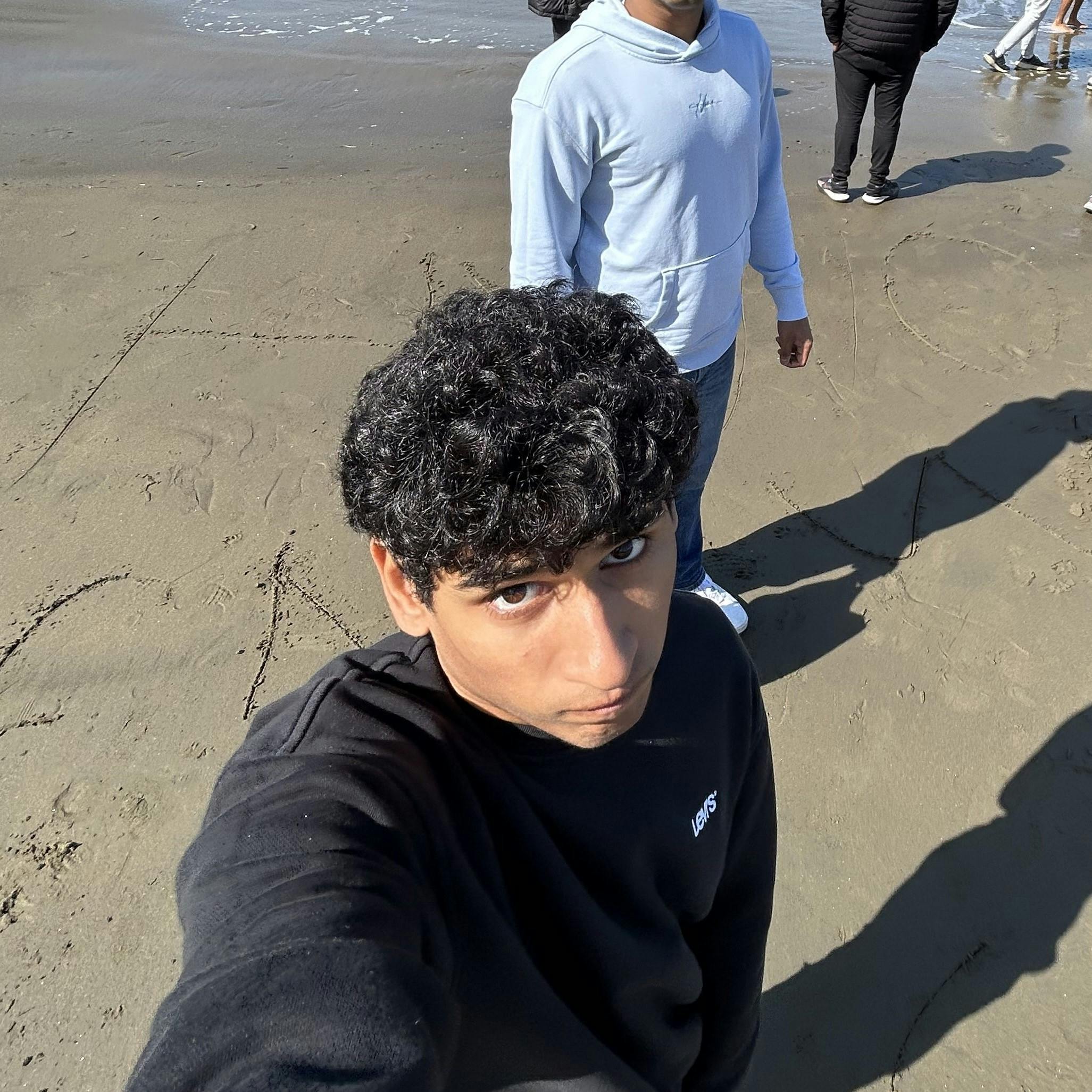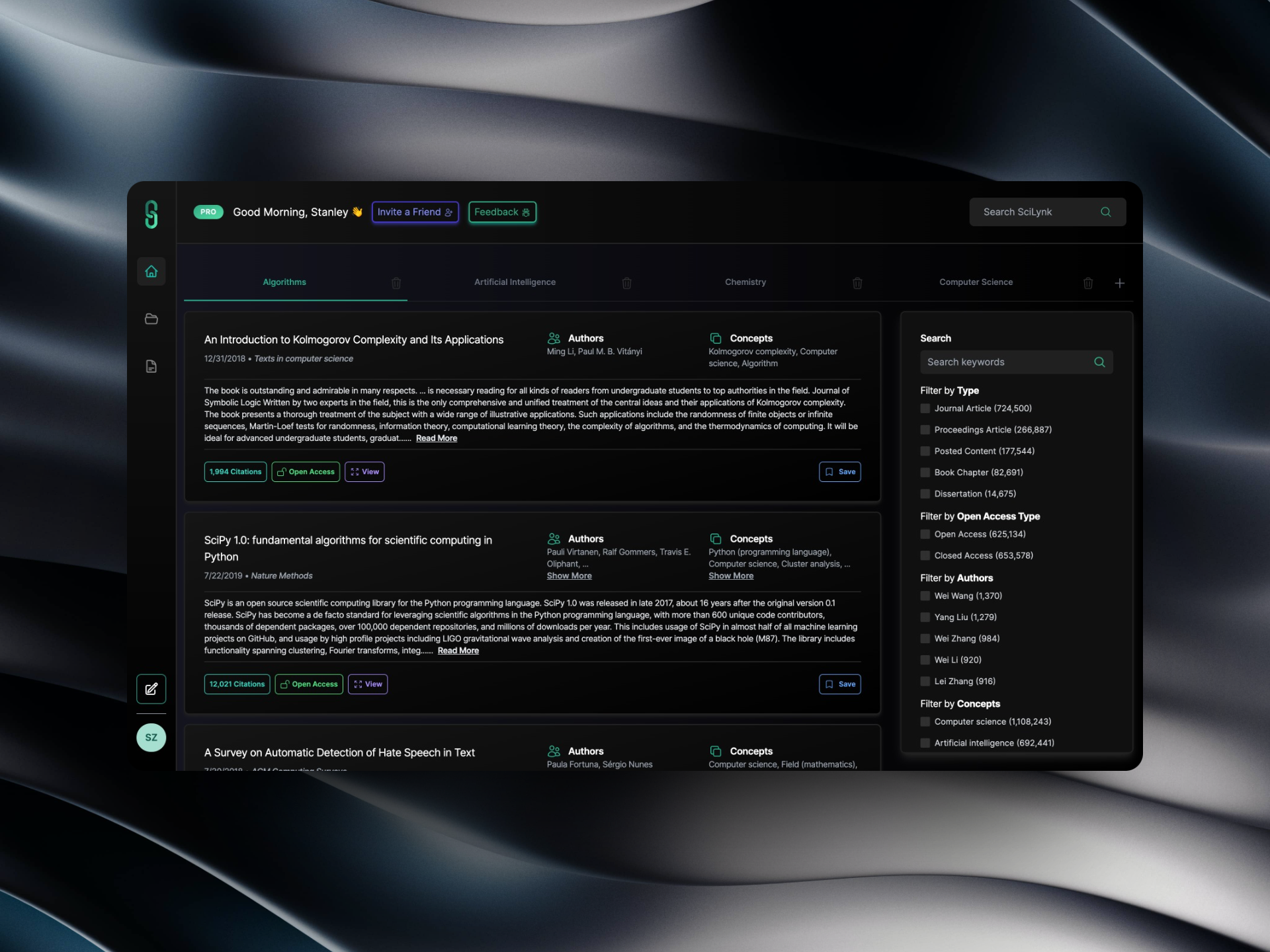Securing research funding is crucial for advancing scientific projects and fueling innovation. Unfortunately, the process of finding funding can be complex and competitive. In this blog, we will explore where to find research funding, offering unique tips and tricks to enhance your chances of success. Whether you are a seasoned researcher or just starting your journey, this guide will prove to be a valuable resource for finding relevant grants and funding opportunities!
Government Grants and Funding Programs:
Government agencies at the federal, state, and local levels often provide substantial research funding. Start by exploring dedicated websites and portals that aggregate government funding opportunities, such as Grants.gov (US) and Research Professional (global). These platforms offer comprehensive databases of grants, eligibility requirements, and application guidelines.
Useful Links:
- Grants.gov - The official source for finding and applying for federal grants in the United States.
- Research Professional - A global database of funding opportunities, providing information on grants from various government agencies and organizations.
Example Grant: National Science Foundation (NSF) - The NSF offers various research grants, including the NSF CAREER program, supporting early-career faculty members in their research and teaching activities.
Private Foundations and Non-Profit Organizations:
Private foundations and non-profit organizations are significant contributors to research funding. These entities often focus on specific research areas or societal issues. Research online directories like the Foundation Center or SciLynk to identify foundations aligned with your research interests. Additionally, explore professional societies and associations related to your field, as they may offer grants and scholarships.
Useful Links:
- Foundation Center - A comprehensive database of foundations, corporate giving programs, and grantmaking public charities worldwide.
Example Grant: The Bill & Melinda Gates Foundation offers various research grants, such as the Grand Challenges Exploration program, supporting innovative ideas in global health and development.
Academic Institutions:
Your own academic institution can be a valuable source of research funding. Many universities offer internal funding programs, grants, and fellowships specifically for faculty and students. Reach out to your institution's research office or visit their website to explore these opportunities. Additionally, consider collaborating with other researchers within your institution to access interdisciplinary funding programs.
International Funding Programs:
Expand your search globally to explore international funding programs. Many countries have funding agencies that support research collaborations and projects. Examples include the European Commission's Horizon Europe, the Japan Society for the Promotion of Science (JSPS), and the Canadian Institutes of Health Research (CIHR). Visit their websites to explore the available funding schemes and eligibility criteria.
Useful Links :
- Horizon Europe - The European Commission's framework program for research and innovation.
- JSPS - Japan Society for the Promotion of Science, supporting research activities in Japan and international collaborations.
- CIHR - Canadian Institutes of Health Research, promoting research excellence in health sciences.
Example Grant: The Wellcome Trust offers various funding opportunities, including the Investigator Awards supporting exceptional researchers in biomedical sciences and humanities.
Corporate and Industry Partnerships:
Industry collaborations can provide substantial funding for research projects aligned with commercial applications. Explore partnerships with companies in your field and inquire about their research funding programs. Some corporations offer grants, fellowships, and sponsorships to support scientific research. Research professional networks, attend industry conferences, and engage with industry-specific organizations to explore these possibilities.
Example Grant: Google Research offers the Google Faculty Research Awards, supporting academic research in computer science and related fields.
Concluding notes
Finding research funding requires a strategic and thorough approach. By exploring government grants, private foundations, academic institutions, international programs, and industry partnerships, researchers can identify a wide range of funding opportunities. Utilize the provided links and examples to delve deeper into specific grants and programs. Remember to tailor your applications, adhere to guidelines, and highlight the significance and impact of your research. Good luck in your funding endeavors!
Additionally, consider utilizing SciLynk, a research workflow tool designed to streamline the funding search process and accelerate research workflows. SciLynk provides a comprehensive platform that offers personalized paper recommendations and insights on funding data behind papers. Learn more about what we do at SciLynk by registering here.

